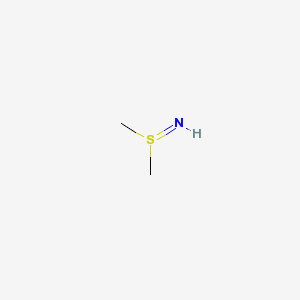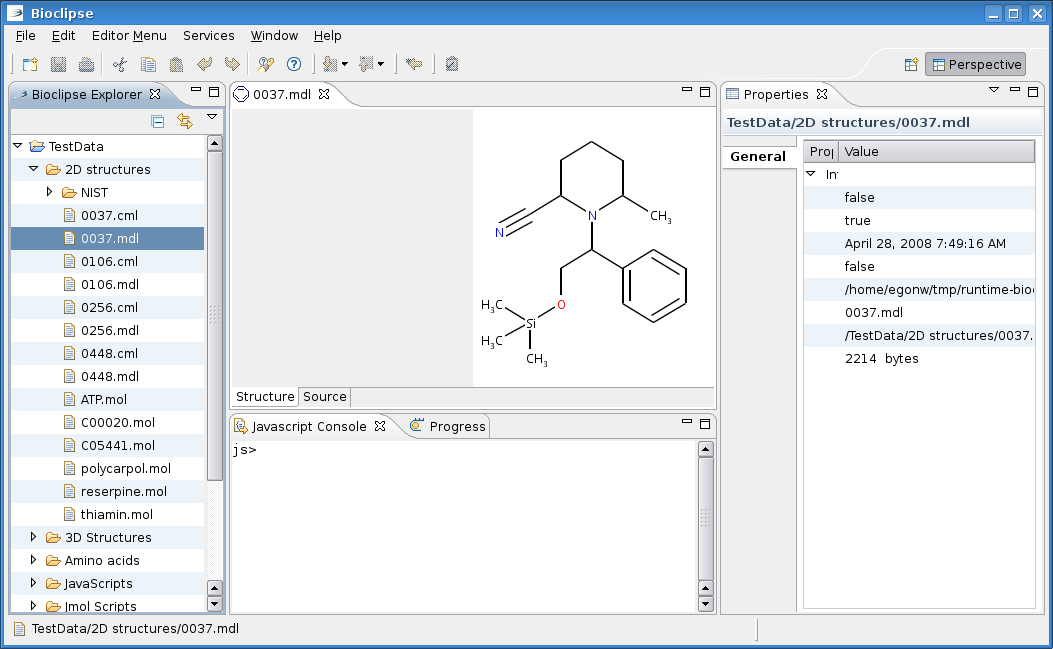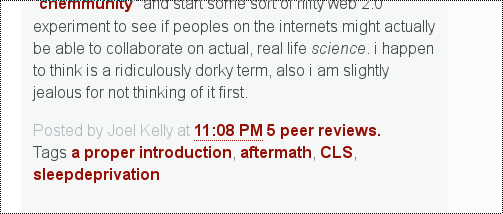-

Wicked chemistry and unit testing
After a discussion on starting development releases for CDK on cdk-devel, the discussion continued on the state of the CDK atom typer. Dan and Rajarshi have done tests in the past against PubChem and its DTP/NCI subset. Rajarshi made his analysis part of CDK Nightly, and provides but a summary (which seems broken: zero fails) and a detailed list.
-
Comparing JUnit test results between CDK trunk/ and a branch #2
I reported earlier on how to compare unit test results between CDK trunk and a branch. Later, I noted that the diff typically overestimates the fail count, when unit tests had been moved to a different module. Therefore, a sort has to be added. The code is also updated for the SVN directory restructuring:
-
Comments on 'Rethinking software access'
bbgm was rethinking software access. The blog observes:
-
More CDK-Ruby users...
Via Rich’ blog, I was informed about the work by goesLightly on CampDepict, a Ruby-based application which uses the CDK for SMILES parsing and 2D diagram generation. With
cdk-20060714.jarit’s using pretty ancient code, and I have not seen a screenshot. -
Quality Publishing: EndNote versus InChIs
Some publishers hesitate a bit, but others go full speed ahead into the electronic publishing era. Noel commented on my post about OA/OD inviting added value:

